Wondering how THC vs THCA differ? THC is the psychoactive compound that gets you high, while THCA is non-psychoactive and found in raw cannabis. This article dives into their differences, benefits, and risks to help you make an informed choice.
Key Takeaways
- THC is the psychoactive component of cannabis, producing effects such as euphoria and relaxation, while THCA is non-psychoactive and offers potential therapeutic benefits without causing a high.
- Both THC and THCA carry potential risks, including legal complications and adverse effects like paranoia and anxiety for THC, and possible side effects such as nausea for THCA, particularly when high doses are consumed.
- Understanding the legal status and proper consumption methods of THC and THCA is essential for safe usage, with THCA consumption methods including raw forms, edibles, and topicals, while THC is often consumed through smoking or edibles.
THC vs THCA: Key Differences, Benefits, and Potential Risks
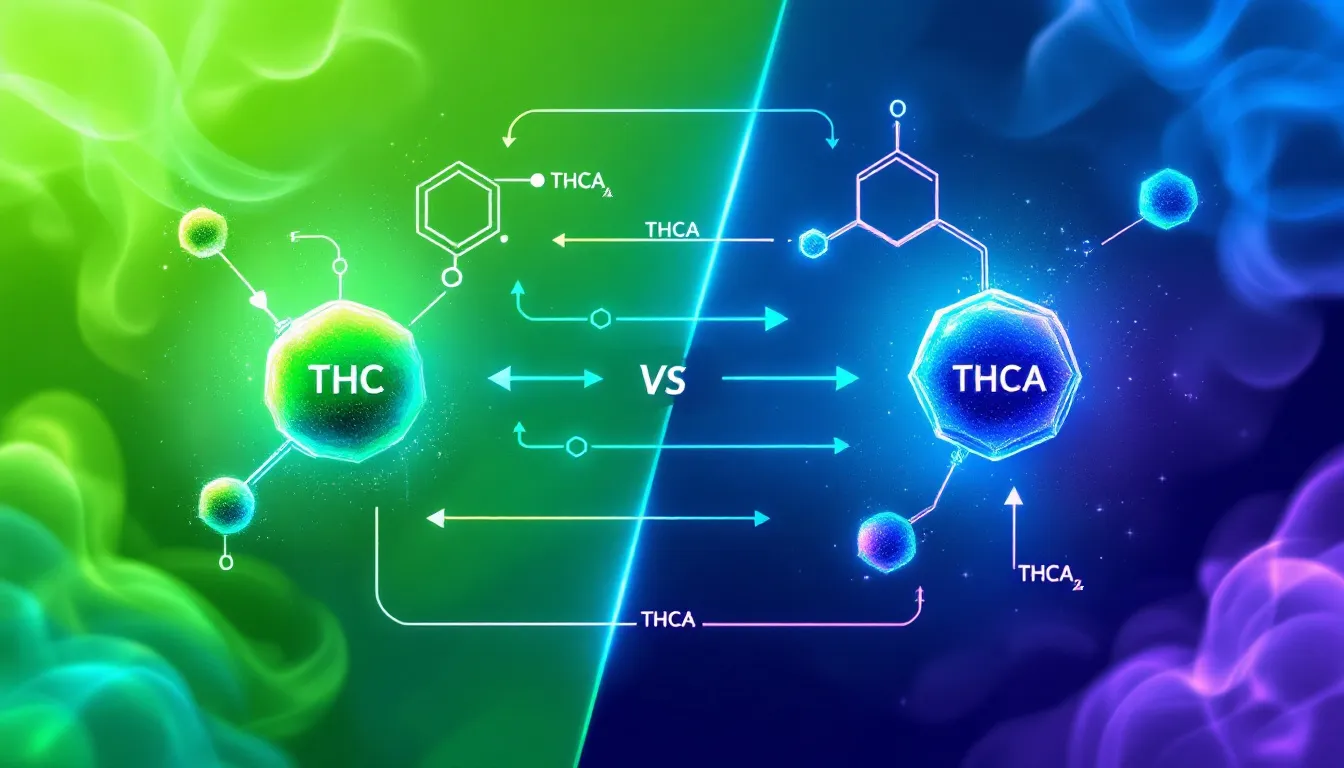
THCA, or tetrahydrocannabinolic acid, is a cannabinoid found in the cannabis plant that is non-psychoactive and contains a carboxylic acid group, which keeps it from being psychoactive. On the other hand, THC is the main psychoactive component in cannabis, known scientifically as delta-9-tetrahydrocannabinol, which works by binding to CB1 receptors in the endocannabinoid system, producing psychoactive effects. Recognizing these distinctions enables cannabis consumers to select the compound that best meets their needs.
Both THC and THCA offer potential health benefits. THC is known for its psychoactive effects that can provide relief from pain, nausea, and other symptoms, making it popular for both recreational and medicinal use. THCA, unlike THC, does not produce a high but has shown promise in providing therapeutic effects such as anti-inflammatory and neuroprotective properties. This makes THCA an appealing option for those looking to avoid the psychoactive effects of THC while still benefiting from the medicinal properties of the cannabis plant.
However, there are potential risks associated with consuming THC and THCA. The legal status of THCA is less clear and varies by state, whereas THC is often classified as a controlled substance at both state and federal levels. Additionally, consuming high potency THC products can lead to adverse effects such as paranoia, anxiety, and memory issues. Understanding these risks and benefits is essential for making safe and informed decisions about cannabis use.
Introduction
Grasping the differences between THC and THCA is crucial for anyone interested in cannabis products. While THC is the well-known psychoactive component of cannabis, THCA is a lesser-known, non-psychoactive precursor found in raw cannabis. Cannabis plants contain a variety of compounds, with THCA and THC being two significant cannabinoids that differ in properties and effects.
This blog post examines the benefits, risks, and legal aspects of THC and THCA, equipping you with the knowledge to make informed choices.
Understanding THC and THCA
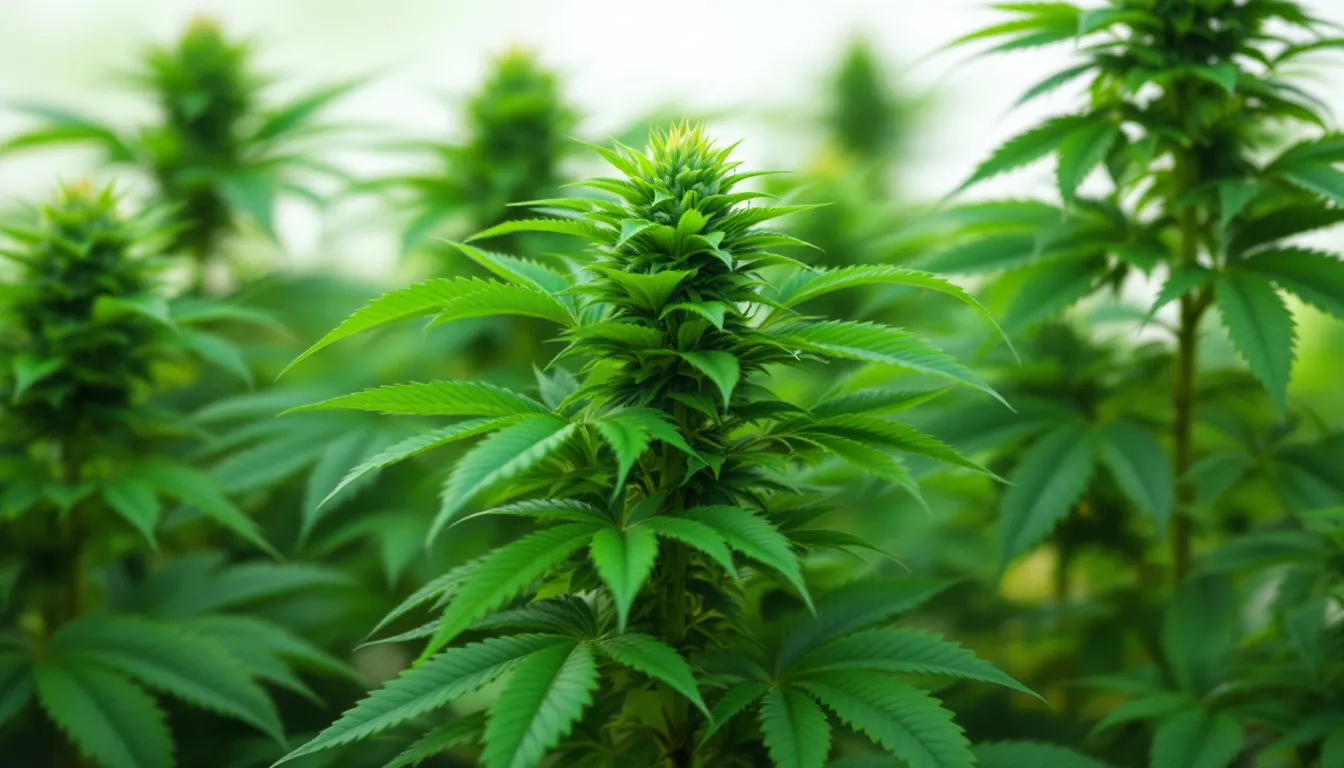
THCA is a cannabinoid in the cannabis plant with potential medicinal use. It is classified as a non-psychoactive compound, meaning it does not produce the high associated with THC. THC-A, or tetrahydrocannabinolic acid, is a precursor to Delta-9 THC, found in hemp and cannabis plants. Both THC and THCA interact with the endocannabinoid system, but their effects vary significantly due to their different chemical structures.
THC is the main psychoactive component in cannabis, responsible for the euphoric effects often associated with its use. When THCA is heated, it transforms into psychoactive thc, which then produces psychoactive effects. This transformation occurs through a process called decarboxylation.
Comprehending these interactions and transformations helps cannabis consumers maximize benefits and minimize risks when they consume cannabis.
Chemical Composition
THCA, or tetrahydrocannabinolic acid, is a non-intoxicating cannabinoid found in raw cannabis. The main difference in the chemical composition between THC and THCA is that THCA has an extra carboxylic acid group. This carboxylic acid group prevents THCA from being psychoactive.
When THCA undergoes decarboxylation, a carboxyl group is removed, activating the cannabinoid and transforming it into THC. This transformation is what allows THC to produce psychoactive effects.
Origin in Cannabis Plants
THCA is produced in fresh cannabis plants and is not present in dried forms. Higher concentrations of THCA can be found in cannabis flowers, particularly in raw buds. The transformation of THCA into THC occurs through decarboxylation, a process that takes place when cannabis is heated. This conversion is essential for producing the psychoactive effects associated with THC.
Knowing the origins and transformations of these compounds assists consumers in selecting the right cannabis products.
Psychoactive Properties

THC is known as the main psychoactive component in cannabis. It produces psychoactive effects such as changes in perception, euphoria, and relaxation. This is why THC is often sought after for both recreational and medicinal purposes.
In contrast to THC, THCA lacks the ability to alter mood or perception, making it non-psychoactive. This difference is crucial for consumers who wish to avoid the high associated with THC while still benefiting from the cannabis plant.
Recognizing the psychoactive properties of THC and the non-psychoactive nature of THCA helps consumers make informed decisions about their use. While THC can offer therapeutic effects alongside its psychoactive properties, THCA provides similar benefits without altering perception. This makes THCA an appealing option for those seeking the medicinal properties of cannabis without the intoxicating effects.
How THC Produces Psychoactive Effects
Decarboxylation activates THCA, allowing it to produce psychoactive effects. The conversion of THCA to THC enhances psychoactive effects. This process can potentially result in intoxication. THC triggers psychoactive responses by attaching to specific receptors in the brain, particularly CB1.
This interaction with the endocannabinoid system is what produces the characteristic high associated with consuming THC.
Why THCA Is Non-Psychoactive
The carboxylic acid group in THCA is the key feature that prevents it from being psychoactive. This structure hinders its interaction with cannabinoid receptors, keeping it non-psychoactive. Without decarboxylation, THCA can still provide beneficial effects.
This makes THCA a valuable compound for those looking to benefit from cannabis without experiencing a high.
Health Benefits and Therapeutic Effects
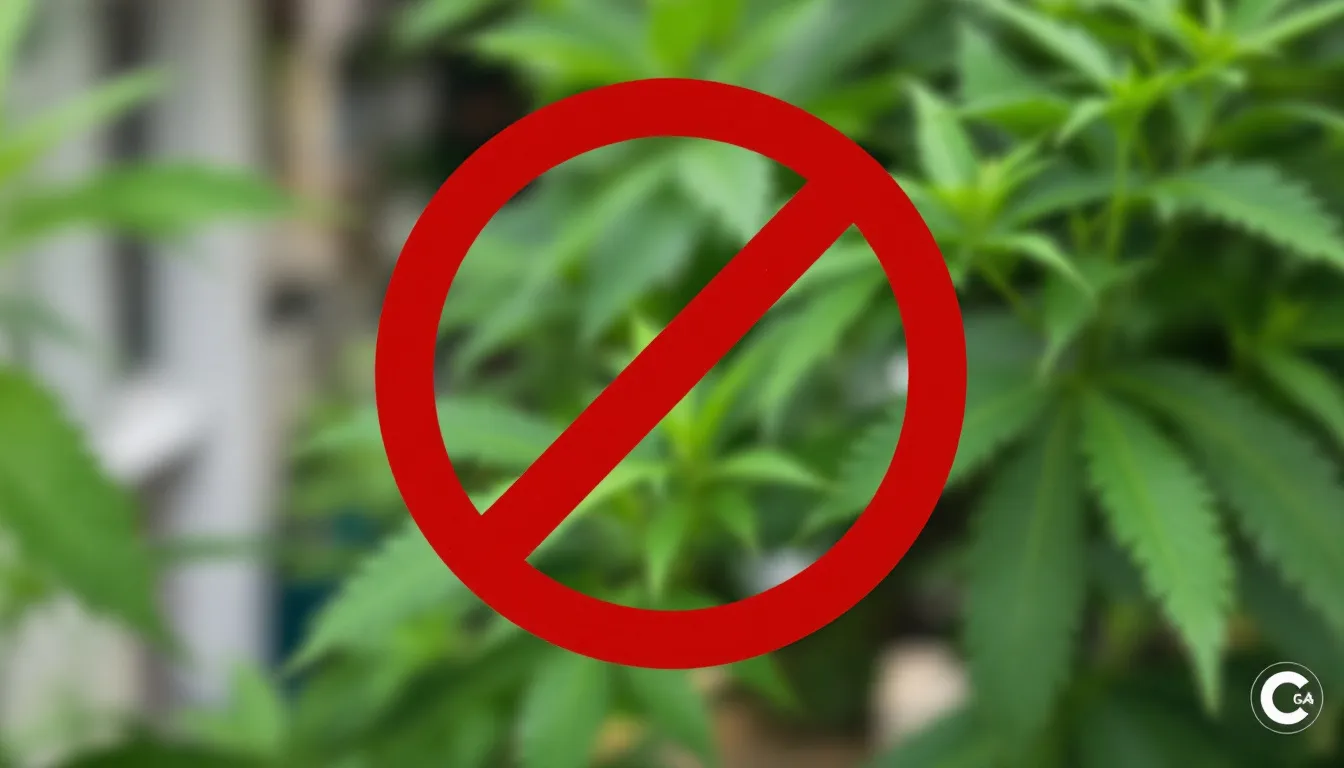
Research suggests THCA may provide greater therapeutic benefits than THC in certain areas. THCA is believed to have potential therapeutic properties. These effects include anti-inflammatory, neuroprotective, and antiemetic qualities. THCA benefits make it a great option for consumers and patients seeking medicinal properties without the psychoactive effects of THC.
THCA possesses antioxidant properties that may contribute to its health benefits. Preliminary studies suggest a range of potential health benefits associated with THCA consumption. Ongoing studies are investigating THCA’s potential for relieving discomfort related to inflammation. However, the medicinal benefits of THCA are not fully understood, highlighting the need for more research. Cannabinoids like THCA offer encouraging potential benefits for the relief of various conditions.
More research is needed to grasp THCA’s full therapeutic promise. THCA can be consumed in various forms including flowers, edibles, tinctures, and topicals. Understanding these benefits and how to consume THCA can help users maximize its potential therapeutic effects.
Anti-inflammatory Properties
THCA exhibits anti-inflammatory properties, potentially aiding the body’s response to inflammation. This can be particularly beneficial for conditions associated with chronic inflammation. THCA may help the body respond to inflammation effectively, offering a non-psychoactive option for managing inflammatory conditions.
Neuroprotective Properties
THCA is known to exhibit neuroprotective properties. It reduces the impact of neurodegenerative processes, potentially offering protection against diseases like Alzheimer’s and Parkinson’s. Recognizing the neuroprotective properties of THCA may pave the way for new therapeutic strategies for neurodegenerative diseases.
Nausea Relief
THCA may lessen physical pain, which could contribute to alleviating discomfort during nausea. Its anti-inflammatory effects may benefit conditions like inflammatory bowel disease, which are associated with nausea. THC and THCA have potential therapeutic effects that may help alleviate nausea, particularly important for chemotherapy patients.
Overall, THC and THCA can work synergistically to provide relief from nausea symptoms and associated physical discomforts.
Consumption Methods
There are various methods to consume THC and THCA, each with its benefits and risks. Common methods of consuming THC and THCA include inhalation, edibles, and topicals. THCA is often consumed in raw forms such as juices or tinctures, providing potential health benefits without causing intoxication. When THCA is heated to the point of decarboxylation, effects such as euphoria, increased relaxation, altered perception, and stimulated appetite are experienced.
Knowing the different consumption methods helps cannabis consumers choose the most suitable option for their needs. Each method has unique effects and onset times, which can significantly impact the overall experience.
This section explores inhalation, edibles, and topicals and tinctures in more detail to help you make an informed choice.
Inhalation
The two predominant methods to inhale THCA cannabis are smoking and vaping. Common methods of consuming cannabis include smoking and vaporizing. Vaping THCA allows for a discreet method of consumption while minimizing the smell associated with smoking.
However, inhalation methods like smoking or vaping may increase the likelihood of converting THCA to THC, leading to psychoactive effects. Potential harm to lung health is a significant drawback of inhalation as a consumption method.
Edibles
THC in edibles passes through the digestive system, leading to slower onset and longer-lasting effects. Edibles enter through the digestive system, which leads to effects that take longer to kick in, last longer, and can be more potent compared to inhalation methods.
New users should be mindful that edible effects take longer to kick in, and it is advised to wait an hour before considering a dose increase. Due to different metabolism of THC, starting with a low dose when consuming edibles can help avoid stronger and unexpected effects.
THCA edibles can be made from raw cannabis and offer potential health benefits without psychoactive effects.
Topicals and Tinctures
Topicals are used for targeted relief for sore muscles or achy joints without psychoactive effects. THCA topicals provide localized relief without the psychoactive effects typically associated with THC. THCA topicals can be applied to the skin and are absorbed into the bloodstream for effect. Common THCA-infused topical products include creams, balms, and lotions.
A tincture is composed of concentrated THCA oil and a carrier oil, usually MCT. Tinctures can be consumed sublingually, added to recipes or drinks, or applied topically.
Legal Status and Implications
Legal implications significantly influence access and usage of THC and THCA for consumers. The cannabis industry suffers from a lack of regulation. This can result in inconsistencies related to product quality, potency, and labeling. It’s crucial to purchase cannabis products from trusted sources and ensure they have undergone thorough quality testing.
This section will explore the legal status and implications of THC and THCA, helping you navigate the complex legal landscape.
THC Legal Status
The federal government currently classifies THC as a Schedule I drug, indicating a high potential for abuse and no accepted medical use. Under federal law in the United States, THC is classified as an illegal controlled substance. This classification applies to its use and distribution.
There are legal exceptions for THC production and distribution, such as approved medical or research purposes.
THCA Legal Status
THCA’s legal standing is less definitive compared to THC and can differ from state to state due to its non-psychoactive properties. Possession or sale of THCA could potentially lead to legal issues under the Federal Analogue Act, depending on its interpretation.
Knowing the legal status of THCA helps consumers avoid legal complications.
Potential Risks and Side Effects
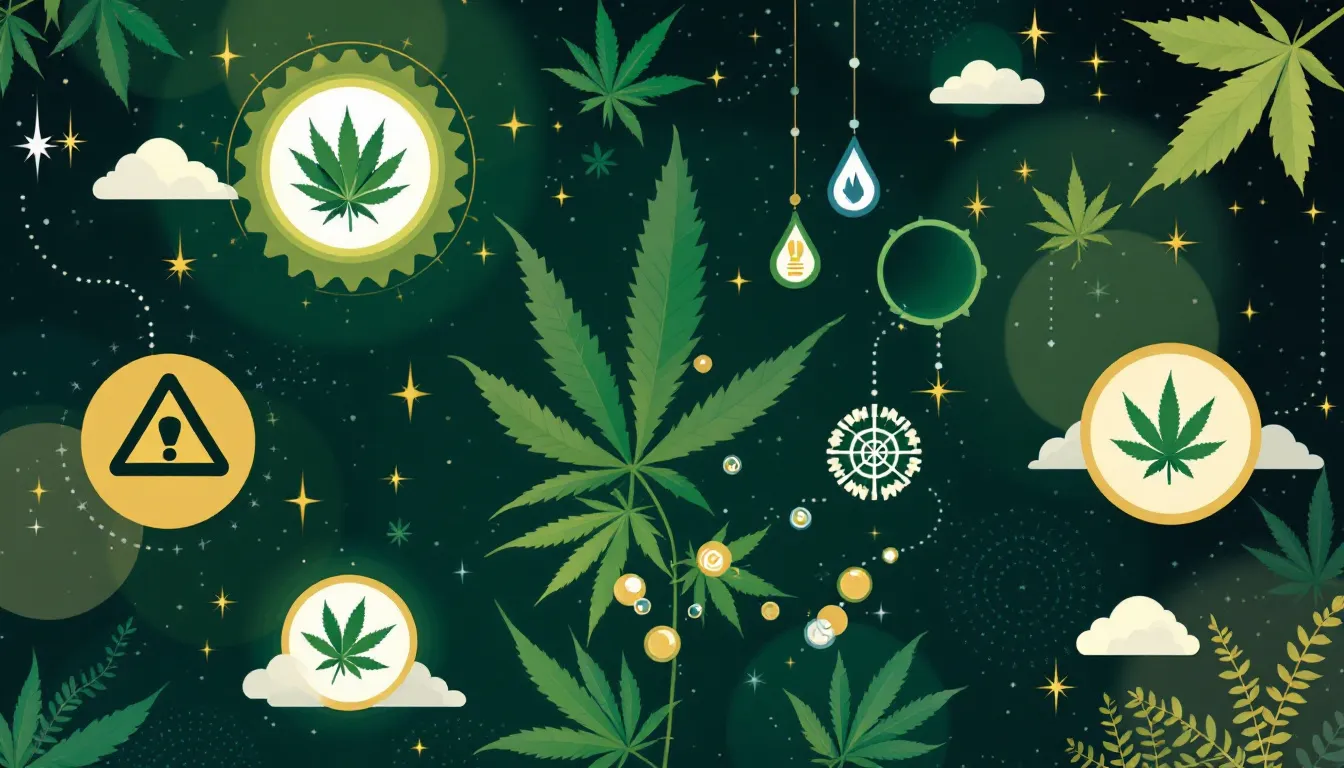
Consuming THC can lead to negative effects such as paranoia, anxiety, and memory issues. THCA can be addictive and there is a risk of taking too much THCA, leading to adverse side effects. Raw consumption of THCA might cause side effects such as nausea, indigestion, and allergic reactions. Recognizing these potential risks is vital for safe consumption.
The conversion of THCA to THC through heating can increase psychoactive effects and lead to intoxication. Some individuals may experience greater sensitivity to THCA, particularly those with low tolerance or inexperience. It is essential to consult a healthcare professional before using THC or to convert thca to prevent adverse effects, especially for those with pre-existing health issues.
Conversion to THC
Heating cannabis transforms THCA into THC, significantly enhancing its psychoactive properties. The conversion of THCA to THC through heat activation is critical as it leads to psychoactive effects in users.
The heightened psychoactivity resulting from the conversion can lead to increased risks, including anxiety, paranoia, and impaired cognitive function.
Contamination and Purity
Cannabis products can be riskier if they contain contaminants like pesticides or heavy metals, especially when THCA levels are elevated. Lack of regulation in the cannabis industry can lead to variability in the quality and labeling of products, increasing health risks. Ensuring product purity is crucial for avoiding health risks associated with contaminated cannabis products.
The presence of contaminants and regulatory challenges significantly affects consumer safety in the cannabis market.
Safe Consumption Practices
Always purchase cannabis products from reputable dispensaries to ensure product safety. Ensure strict quality control and testing procedures are enacted by the dispensaries to guarantee product purity.
Safe consumption practices are vital for maximizing benefits and minimizing risks associated with THC and THCA. Adhering to these safe consumption practices can greatly enhance positive experiences while reducing adverse effects.
Start Low and Go Slow
New users of cannabis concentrates should begin with very small doses to gauge their individual tolerance levels. A recommended initial dose for THCA is around 5 mg, which should be adjusted gradually based on individual response. THCA has a high bioavailability, meaning it can be more effective in smaller doses compared to THC.
Using sublingual methods for THC and THCA consumption should also start with minimal doses and be increased cautiously.
Seek Medical Advice
It is critical to consult with a healthcare professional before using THC or THCA to ensure safety. Prior to adding THCA to your diet, individuals must consult with a medical professional. Consulting a healthcare professional can help avoid unwanted side effects and manage concerns related to existing health conditions.
Summary
In summary, understanding the differences between THC and THCA is crucial for making informed decisions about cannabis use. While THC is known for its psychoactive effects, THCA offers potential health benefits without causing a high. Both compounds have their own set of benefits and risks, and it is essential to consider these factors when choosing cannabis products. By following safe consumption practices and consulting with healthcare professionals, you can maximize the benefits and minimize the risks associated with these cannabinoids.
Frequently Asked Questions
What is the main difference between THC and THCA?
The main difference between THC and THCA is that THC is psychoactive and produces a high, whereas THCA is non-psychoactive and occurs in raw cannabis.
Can THCA be used for medicinal purposes?
Yes, THCA can be utilized for medicinal purposes, providing therapeutic benefits like anti-inflammatory and neuroprotective effects without the psychoactive impact of THC.
How does decarboxylation affect THCA?
Decarboxylation transforms THCA into THC through heat, activating its psychoactive effects. This process is essential for experiencing the full potency of cannabis.
Are there any risks associated with consuming THCA?
There are potential risks associated with consuming THCA, such as nausea and indigestion. It’s advisable to consult a healthcare professional before use to ensure safety.
What are the legal implications of using THC and THCA?
Using THC is illegal under federal law as it is classified as a Schedule I controlled substance, while THCA’s legality varies by state, leading to potential legal complexities. It’s essential to understand local regulations to navigate these implications effectively.


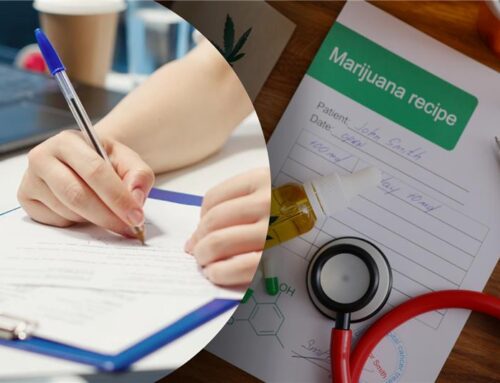
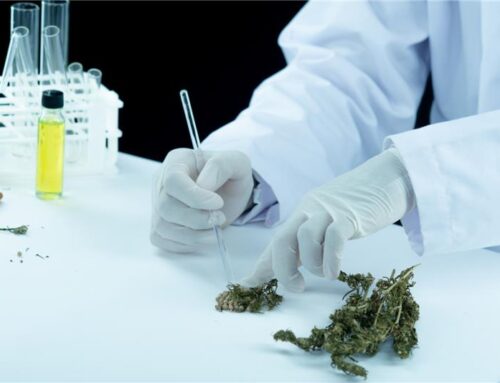
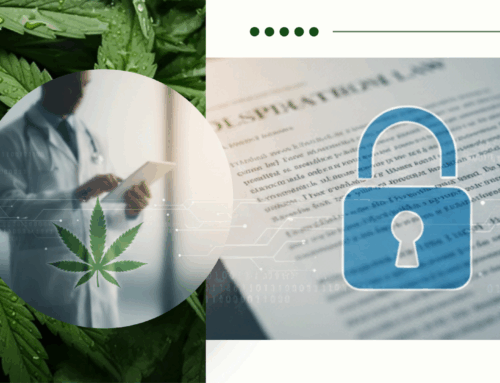

Leave A Comment
You must be logged in to post a comment.